Magic: The Gathering has released an impressive amount of cards over the years, with each one having different abilities and uses. Not all cards are created equal though, as they can have different rarities. While rarity doesn’t necessarily mean the card is better, it’s a decent way to tell how powerful a card is. The general rule of thumb is: the rarer the card, the better it is.
There are four different rarities of Magic: The Gathering cards to help you identify a card’s strength. They are common, uncommon, rare, and mythic rare. Rarity is not represented by symbols, as each card will have a symbol representing the set they come from. Instead, rarity is represented by color. Common is black, uncommon is silver, rare is gold, and mythic rare is a bright orange.
Related: The 10 most expensive cards in Magic: The Gathering
Why is a card’s rarity important?
To understand a card’s rarity, it’s important to know why the rarity system exists. A card’s rarity represents how likely you are to find a card in a Draft Booster, or a booster pack. The typical Draft Booster has 15 cards, which are made up of ten common cards, three uncommon cards, one rare or mythic rare card, and a land card.
Rarer cards tend to be more powerful, and there aren’t as many compared to common or uncommon cards. Mythic rare cards are even rarer than rare, and they aren’t found in as many booster packs. With rarer cards being harder to find, this hints at their potential during a game. It also affects their pricing when buying individual copies.
How do you know a card’s rarity?
You can often tell a card’s rarity by looking at the symbol in the center right part of the card. The set’s symbol will determine the shape, but the symbol’s color determines the rarity.
Common rarity
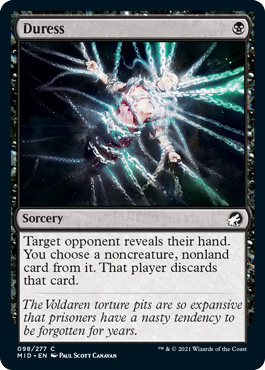
Common rarity cards have a black symbol, indicating they are often found in booster packs. Booster packs don’t contain duplicate cards, which means you won’t get two of the same common card in the same booster pack. But after opening a few booster packs, you will have a few of these cards. Their power level in a game is decent, but not extraordinary. They often support other cards rather than being the main reason for victory.
Uncommon rarity
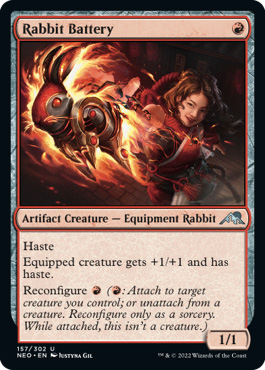
Uncommon rarity cards have a silver symbol, which appear in booster packs in smaller numbers. They have more power than a common card, and are usually one of the key support elements for a deck. Since there are only three in a booster pack, you might get a couple of copies if you open a few packs. It might take a while before you get a full set of four copies due to the odds.
Rare rarity
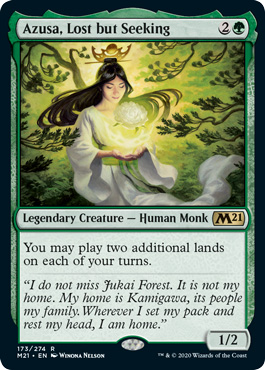
Rare rarity cards will have a golden symbol, and only one rare card is pulled in a booster pack. These are usually the cards that a deck is built around, and other cards support the strategy. It’s unlikely that you will get more than one or two copies of a rare card after opening several booster packs. Completing your collection usually involves making online purchases.
Mythic rare rarity
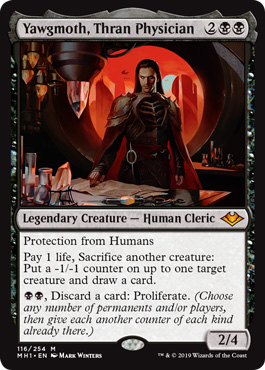
Mythic rare cards have a bright orange symbol, and sometimes take the place of a rare card in a booster pack. These are even rarer than rare cards, and odds are you find six mythic rares out of 36 booster packs. They sometimes have even more power than rare cards, and are often unique cards such as planeswalkers. Even creatures and non-creatures of mythic rarity can make a big impact in a game. Getting multiple copies of mythic rares usually requires a big bank account or incredible luck, sometimes a mix of both.
Related: The 10 rarest cards in Magic: The Gathering
Understanding the rarity of Magic: The Gathering cards will help you understand their pricing, as well as the odds of pulling them out of booster packs.

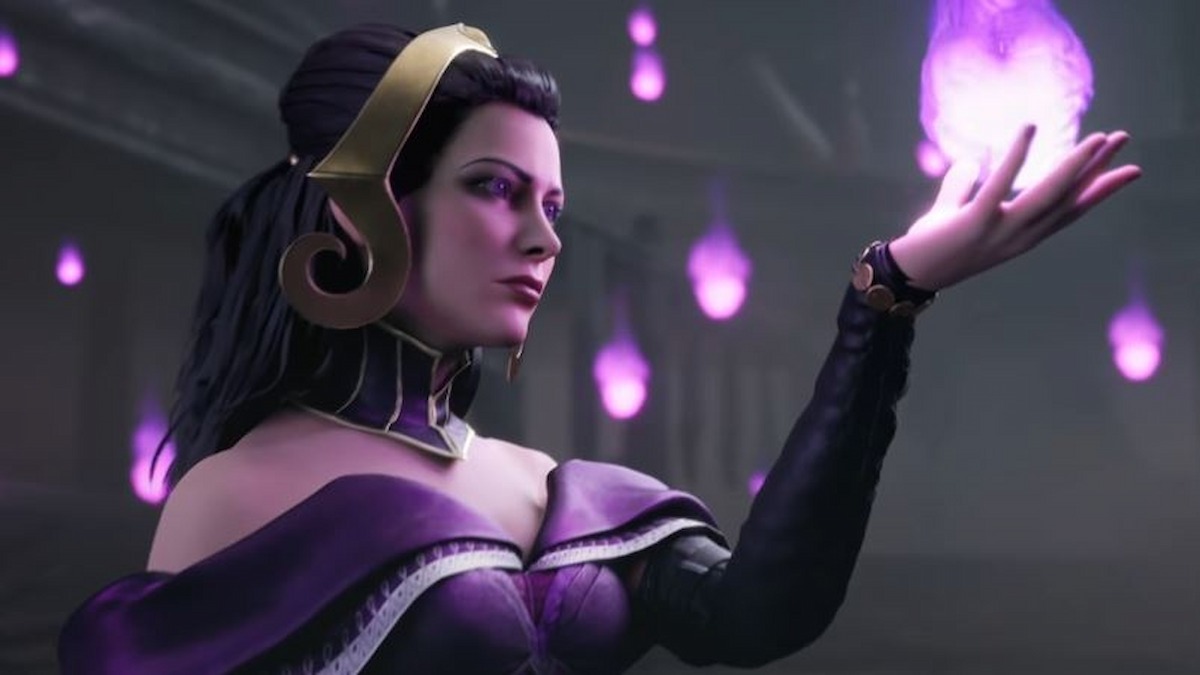
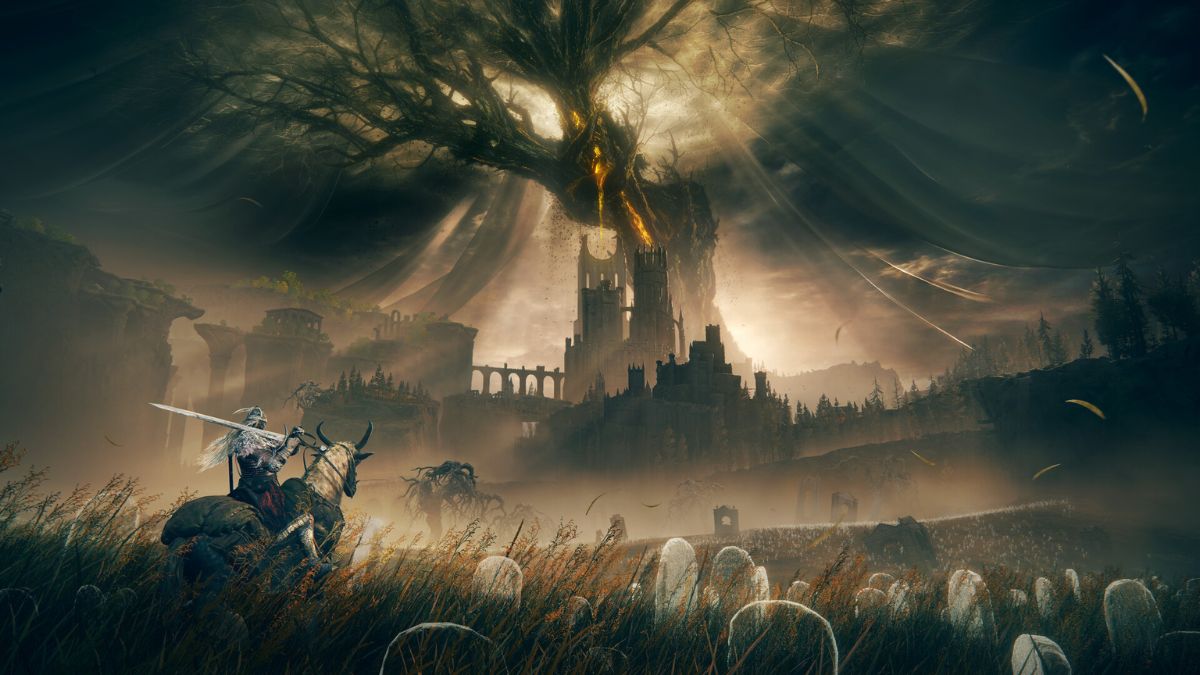
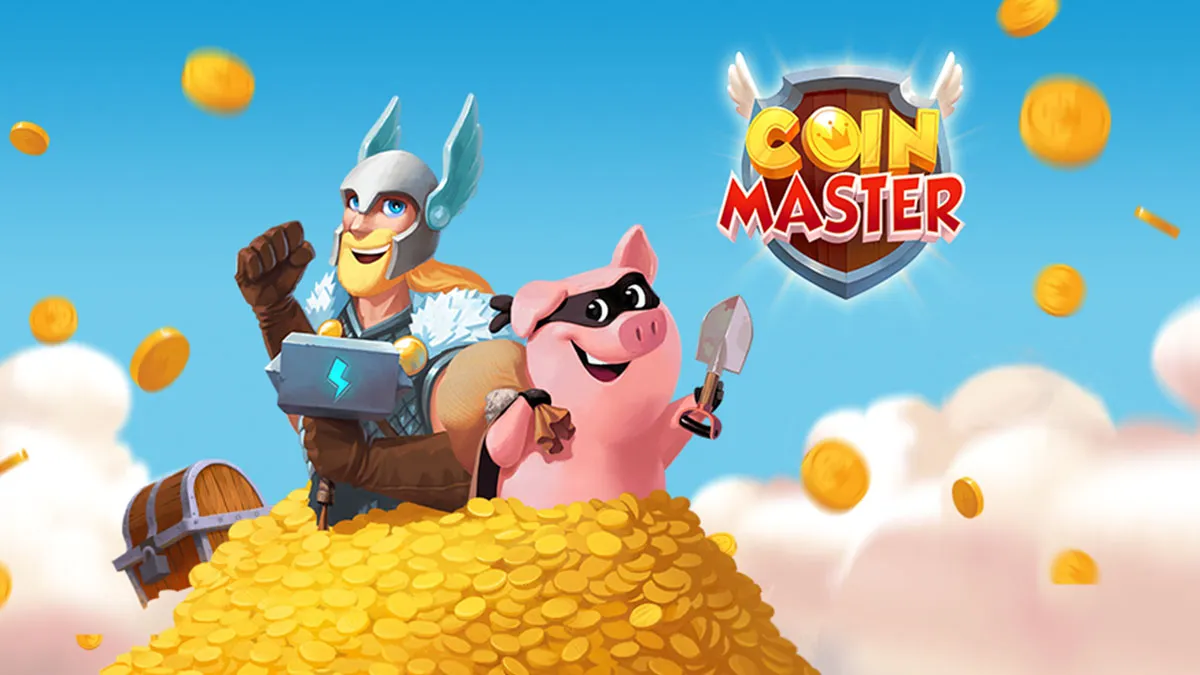
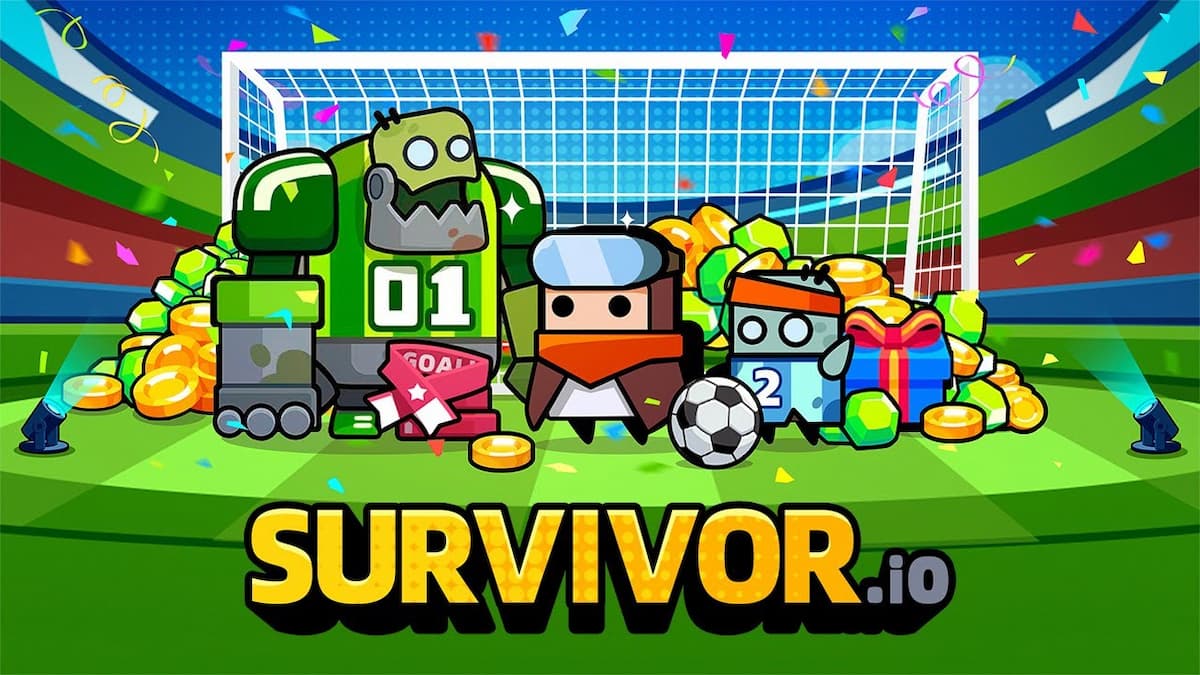

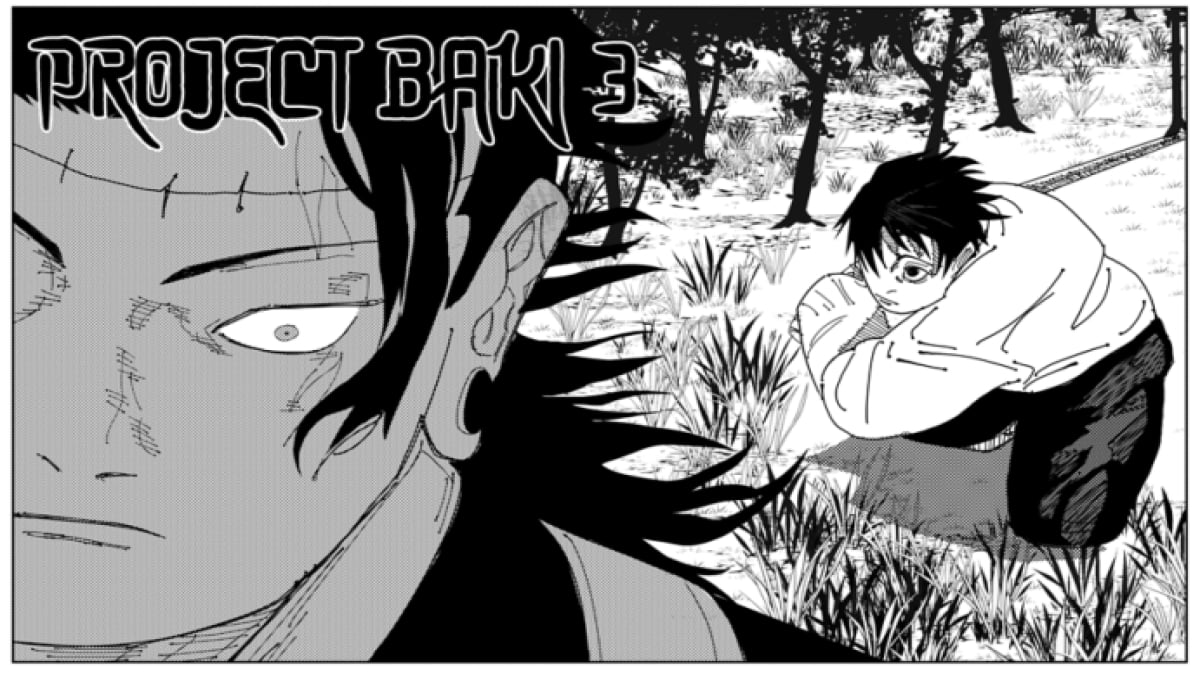
Published: Mar 2, 2023 03:52 am